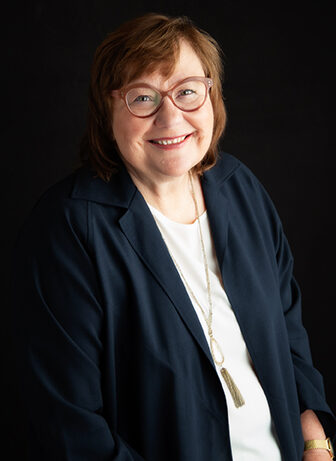Why pick death as a topic for my first self-published book?
I don’t know exactly why! I am not a Debbie Downer type of person. In fact, I am quite the opposite, more of a happy-go-lucky type of person. Truthfully, even as I look upon my life over the past several years, I admit that I am a bit mystified as to how the topic of conscious dying became the subject of As the Curtain Falls, my debut piece of non-fiction.
However, I can state unequivocally that a couple of my character traits, namely my desire to analyze and know the truth, worked in tandem with my deep interest in matters of faith andthey led me to write this book. Together, they created within me a strong sense of mission, a desire to get the information that I compiled out to wider audience.
As for my analytical side, I see it as a spiraling quest to know the truth. I have always loved puzzles and detective stories and solving mysteries. Having worked in the business world for many years, I realized early on that I could simply transfer my project management and consulting skills to studying the topic of dying. And I knewfrom my corporate experience that one of my biggest assets is being able to take a problem or issue,analyzeneutrally from all angles, and develop an even-handed response.
In preparation for writing the book, I studied and pondered how traditional religions address death and dying. Why was it that our current religious practices don’t necessarily help us prepare for the inevitability of our own death, much less that of our loved ones? This seemed surprising to me because there is a very rich and layered understanding of death and afterlife in every religious tradition. Still, for many people in the United States, religious institutions are not necessarily something that people automatically turn to in times of crisis in their lives. The lack of religious affiliation may be one reason, and another might be the lack of interest in understanding how religious dogma or thought can be translated in such a way as to be meaningful in contemporary life. In any case, I decided that to address this issue in the book by emphasizing the process of dying as something natural and inevitable and less as a falling-off-the-cliff kind of event.
The second factor in how I presented the material in my book was my position as a person of faith. Not only do I believe in Christian principles of faith, but I am very connected on a personal level to a never-ending source of universal love. Decades of meditation practice and exposure to metaphysical experiences have changed me on a deep inner level and opened up a world of spiritual discovery that I was not acquainted withat a younger age. So, when I decided to write this book, I prayed for spiritual help from the Divine. The response was overwhelming. For a period of a couple of months, I found myself accessing spiritual information about the dying process, information that would come to me without warning– in the middle of the night, at the grocery store or gym, or while driving. I tried to write down these thoughts, on scratch pads and edges of newspapers or grocery lists. Eventually, I came to the realization that I had the basis for this book.



